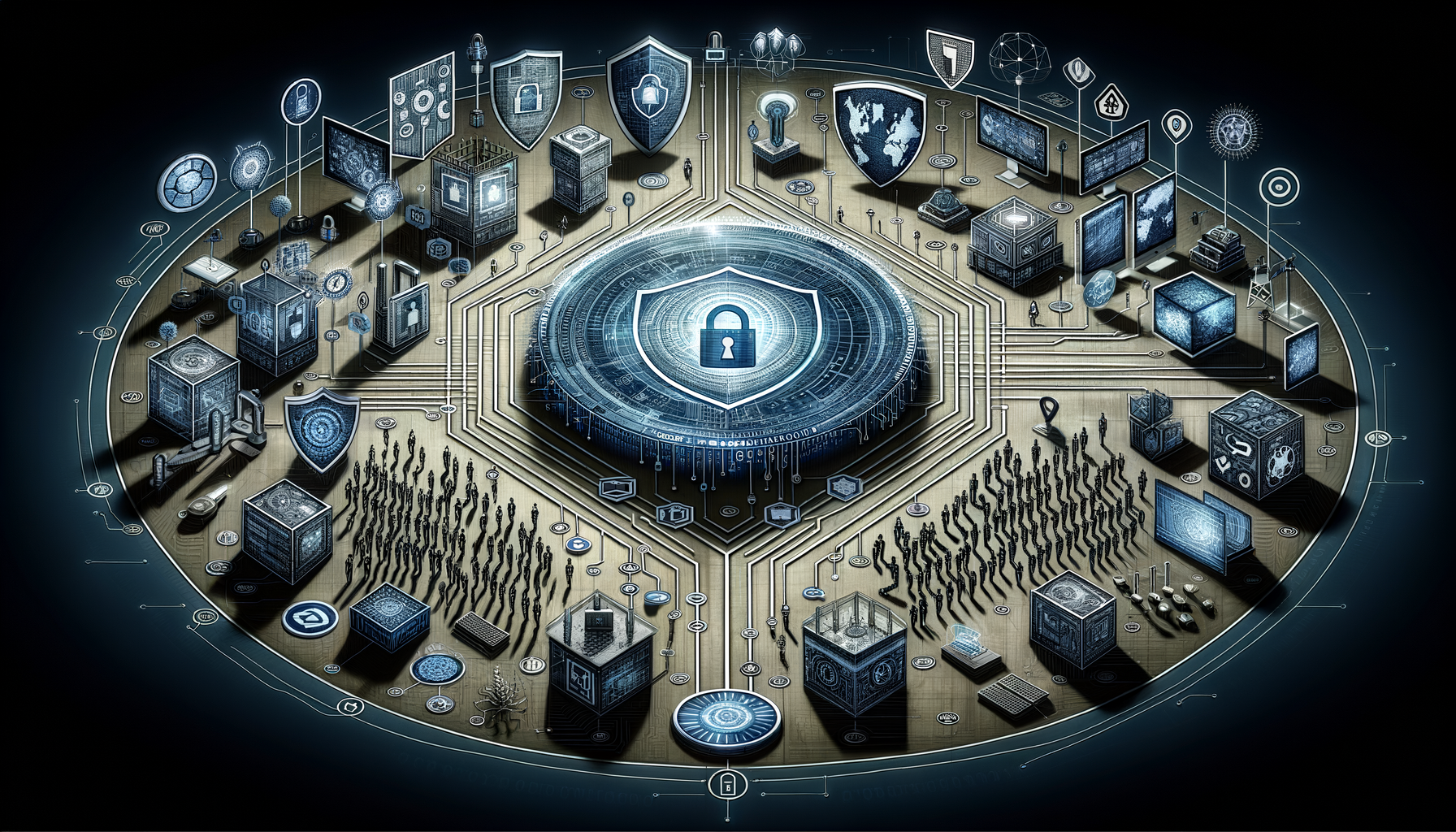The Importance of Cybersecurity Certifications
In today’s digital age, cybersecurity has become a cornerstone for protecting sensitive information from malicious threats. As cyber threats become more sophisticated, the demand for skilled cybersecurity professionals has surged. This is where cybersecurity certifications come into play. They are essential in validating the expertise and skills of professionals in this critical field. Certifications not only enhance a professional’s credibility but also open doors to advanced career opportunities.
Cybersecurity certifications serve as a benchmark for employers to assess the capabilities of potential hires. They provide a structured learning path and ensure that professionals are up-to-date with the latest security protocols and technologies. For instance, certifications like Certified Information Systems Security Professional (CISSP) and Certified Ethical Hacker (CEH) are recognized globally and are often prerequisites for high-level security positions.
Moreover, certifications can significantly impact salary prospects. According to industry reports, certified cybersecurity professionals tend to earn higher salaries compared to their non-certified counterparts. This financial incentive, coupled with the growing importance of cybersecurity, makes obtaining certifications a worthwhile investment for anyone looking to advance in this field.
Popular Cybersecurity Certifications and Their Benefits
There is a wide array of cybersecurity certifications available, each catering to different areas of expertise and career paths. Here are some of the most popular certifications:
- Certified Information Systems Security Professional (CISSP): This certification is ideal for experienced security practitioners, managers, and executives. It covers a broad range of topics including risk management, security architecture, and software development security.
- Certified Ethical Hacker (CEH): Focusing on the mindset of a hacker, this certification teaches professionals how to think like a hacker to better protect their organizations. It covers topics such as network scanning, system hacking, and social engineering.
- CompTIA Security+: A foundational certification that covers essential principles for network security and risk management. It is a great starting point for those new to the field.
- Certified Information Security Manager (CISM): This certification is tailored for management-focused individuals who design and manage enterprise information security programs.
Each of these certifications has its own set of prerequisites and benefits. For example, CISSP requires a minimum of five years of professional experience, while CompTIA Security+ is more accessible to beginners. The choice of certification largely depends on one’s career goals and current level of experience.
Preparing for Cybersecurity Certification Exams
Preparing for a cybersecurity certification exam requires dedication and a strategic approach. Here are some steps to help you succeed:
- Understand the Exam Outline: Begin by thoroughly reviewing the exam objectives and format. This will give you a clear understanding of what topics to focus on.
- Study Resources: Utilize a variety of study materials such as books, online courses, and practice exams. Many certification bodies offer official study guides and practice tests.
- Hands-On Experience: Practical experience is invaluable in understanding cybersecurity concepts. Consider setting up a home lab or using virtual labs to practice skills.
- Join Study Groups: Engaging with peers can provide additional insights and support. Online forums and local study groups can be excellent resources.
Consistency is key when preparing for certification exams. Setting a study schedule and adhering to it can help manage the workload and ensure all topics are covered. Additionally, taking practice exams can help identify areas that need more attention and build confidence in answering exam questions.




Leave a Reply